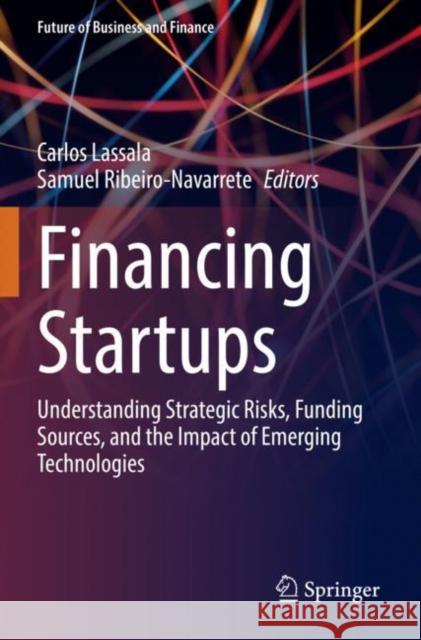Financing Startups » książka
topmenu
Financing Startups
ISBN-13: 9783030940607 / Miękka / 2023 / 184 str.
Financing Startups
ISBN-13: 9783030940607 / Miękka / 2023 / 184 str.
cena 241,50
(netto: 230,00 VAT: 5%)
Najniższa cena z 30 dni: 231,29
(netto: 230,00 VAT: 5%)
Najniższa cena z 30 dni: 231,29
Termin realizacji zamówienia:
ok. 16-18 dni roboczych.
ok. 16-18 dni roboczych.
Darmowa dostawa!
Kategorie:
Kategorie BISAC:
Wydawca:
Springer Nature Switzerland AG
Seria wydawnicza:
ISBN-13:
9783030940607
Rok wydania:
2023
Ilość stron:
184
Wymiary:
23.5 x 15.5
Oprawa:
Miękka
Dodatkowe informacje:
Wydanie ilustrowane











